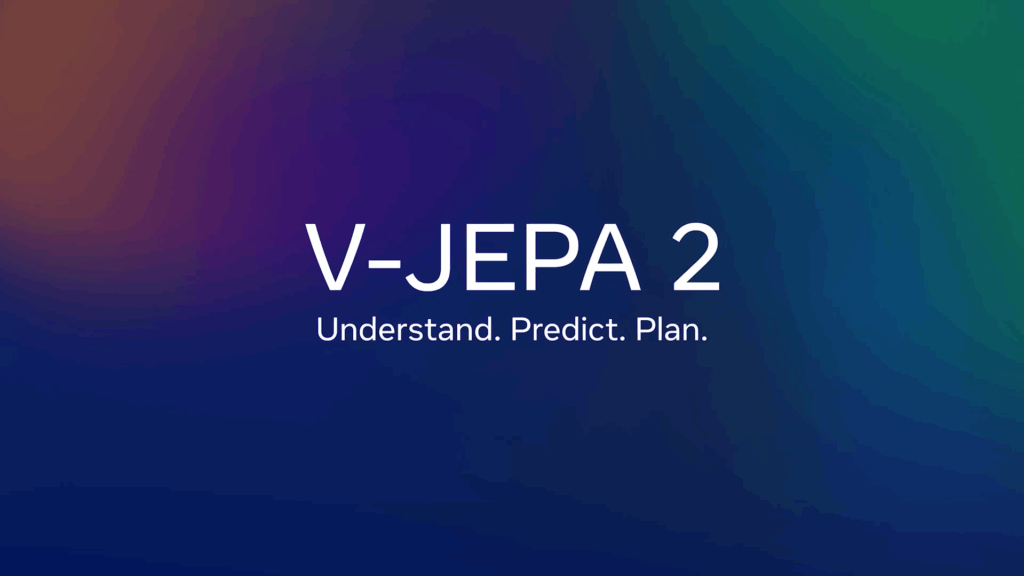In a momentous and symbolic gesture during his inaugural address to the College of Cardinals, Pope Leo XIV positioned artificial intelligence (AI) as one of the greatest ethical and societal challenges confronting the world today. His remarks mark a significant pivot point in how the Catholic Church will engage with emerging technologies under his papacy—ushering in what may become a doctrinally rich era of digital ethics.
A Historic Echo: From Leo XIII to Leo XIV
By selecting the papal name “Leo,” Cardinal Robert Prevost—now Pope Leo XIV—signaled his intention to draw continuity from Pope Leo XIII’s historic Rerum Novarum, the 1891 encyclical that laid the groundwork for Catholic social teaching in response to industrialization. Just as Leo XIII grappled with the moral dilemmas of economic upheaval and labor exploitation in the 19th century, Leo XIV appears poised to confront the spiritual and societal disorientation caused by 21st-century technological disruption.
In his address, the Pope declared that AI is not merely a technological phenomenon, but a civilizational challenge that demands moral leadership. “Like the machines of the industrial revolution that reshaped labor and society,” he said, “AI is reconfiguring the very meaning of human action and interaction.”
Moral Dangers of AI: Beyond Utility
Pope Leo XIV’s warning stems from a growing awareness of AI’s implications, not just in economic or scientific domains, but in deeply moral and spiritual terms. Referencing fears that AI could diminish human dignity, the pontiff cautioned against delegating decisions of moral consequence—such as those related to justice, healthcare, or even warfare—to algorithms devoid of conscience.
This concern builds upon the foundation laid by his predecessor, Pope Francis, who repeatedly urged the global community to humanize AI and avoid a “technocratic paradigm” that prioritizes efficiency over ethics. Francis advocated for algor-ethics—a term coined by the Vatican to describe the ethical governance of algorithms.
From Rome to the World: The Vatican’s AI Doctrine
The Church’s theological and philosophical exploration of AI was recently articulated in the Vatican document Antiqua et Nova, released in January 2025. This paper, whose title means “Old and New,” weaves together historical Church wisdom with modern concerns about machine learning, surveillance capitalism, deepfakes, and automated weapons.
Among its key assertions is a rejection of the notion that artificial intelligence can or should emulate the fullness of human cognition, let alone spirituality. “There is a temptation to see in AI a substitute for God’s providence,” the document warns. “This would be an error of idolatry, placing our trust in what we have made rather than in the Creator.”
A Call to Ethical Leadership and Global Dialogue
In his remarks, Pope Leo XIV emphasized that the Church must not retreat into technophobia, but rather offer moral guidance to ensure AI serves humanity’s highest ideals. He advocated for interfaith collaboration and dialogue with scientists, technologists, ethicists, and policymakers.
“The Church has a duty,” he said, “to ensure that AI development respects human dignity, avoids reinforcing inequality, and remains under genuine human oversight.” This call resonates with initiatives like the Rome Call for AI Ethics, which has garnered support from tech giants including Microsoft, IBM, and the UN’s FAO.
Human Dignity and Inclusion at the Core
A central theme in Pope Leo XIV’s approach is inclusion—ensuring that the voices of marginalized communities are part of the global AI conversation. In line with synodal values promoted under Pope Francis, Leo XIV pledged to listen to those affected by automation, especially workers in vulnerable industries, communities facing digital exclusion, and youth at risk of dehumanization in hyper-digital societies.
He further stressed that any ethical AI framework must include strong protections for privacy, freedom of conscience, and the right to spiritual development. This is particularly relevant as governments and corporations explore AI-driven surveillance and data profiling.
The Church in the Age of Intelligent Machines
As artificial intelligence becomes embedded in nearly every sector—from healthcare and finance to law enforcement and education—Pope Leo XIV’s early engagement sets a precedent for how the Church will position itself amid these shifts. His leadership indicates that future encyclicals may address AI and human agency with theological depth and urgency.
The Pope’s stance also places moral pressure on secular institutions, reminding the world that technological progress must be matched by ethical progress. In doing so, he situates the Catholic Church as a pivotal voice in one of the most defining debates of the 21st century.
For further reading, explore the full Rome Call for AI Ethics and the Vatican’s publication of Antiqua et Nova.








